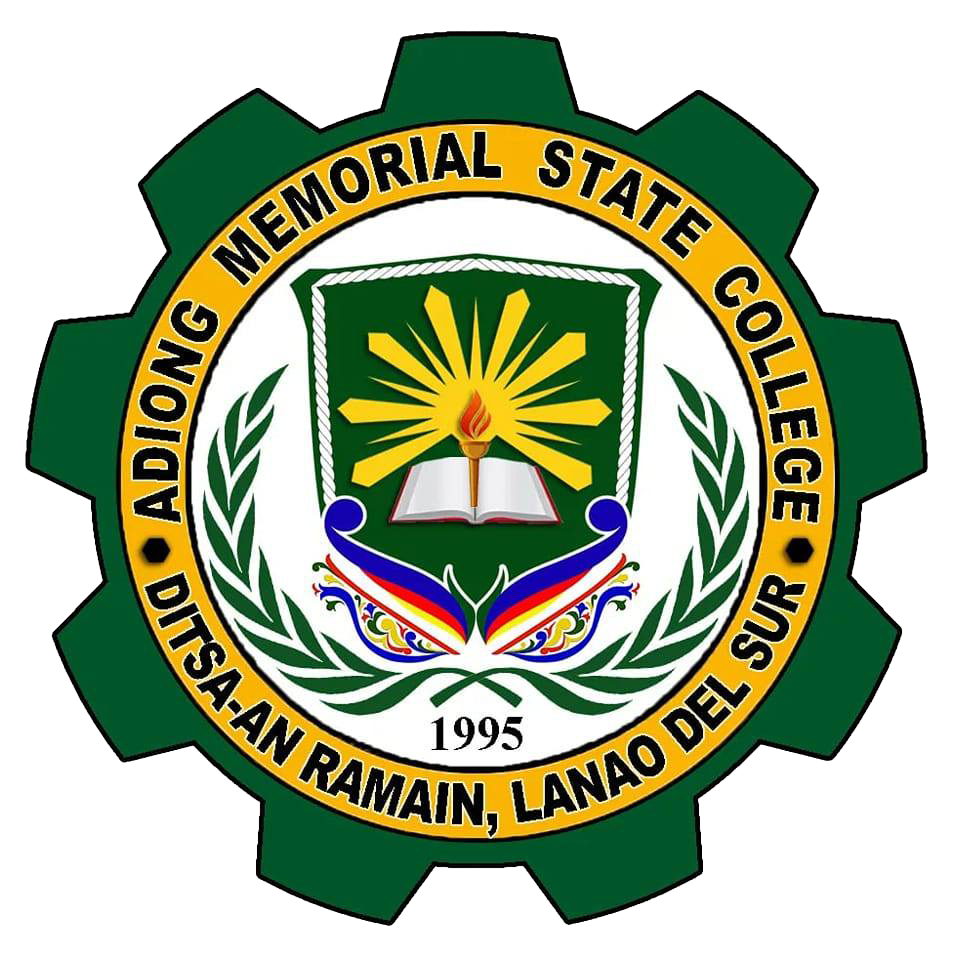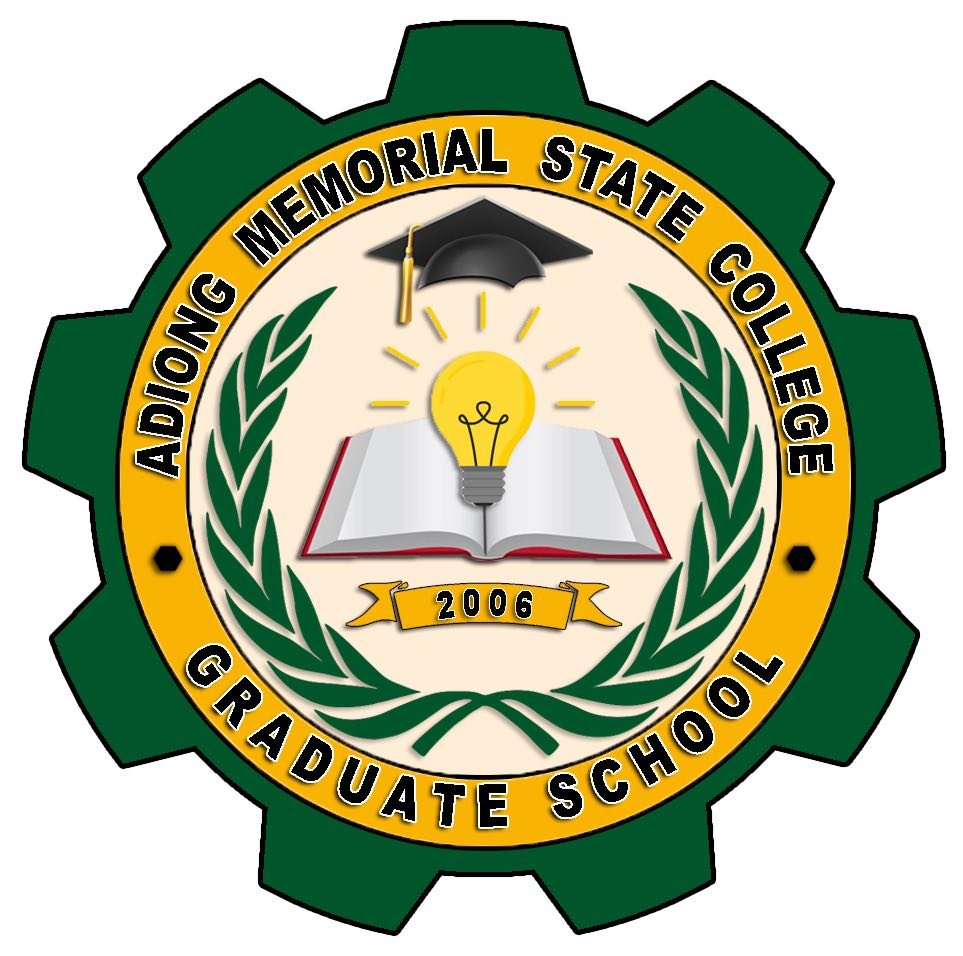A Certificate in Professional Teaching is a program designed to provide individuals with the foundational knowledge and skills required to pursue a career in teaching. This certificate program is often suitable for those who may not have completed a full teaching degree but wish to enter the teaching profession. It can also be an option for individuals with a non-education bachelor's degree who are seeking a pathway into teaching.
Program Components:
-
Pedagogical Foundations: Covers fundamental principles of teaching and learning, including educational psychology, instructional strategies, and classroom management techniques.
-
Subject-Specific Instruction: Depending on the program, participants may receive training in teaching specific subjects at the elementary or secondary level. This can include methods for teaching mathematics, science, language arts, or other subject areas.
-
Educational Technology: Introduces participants to the use of technology in the classroom, including the integration of digital tools and resources to enhance teaching and learning.
-
Assessment and Evaluation: Focuses on techniques for assessing student learning, designing assessments, and using data to inform instructional decisions.
-
Classroom Observation and Practice Teaching: Many programs include opportunities for participants to observe experienced teachers in real classroom settings and engage in supervised practice teaching experiences.
-
Classroom Management: Addresses strategies for creating a positive and effective learning environment, managing student behavior, and fostering a positive classroom culture.
-
Education Law and Ethics: Provides an overview of legal and ethical considerations in education, including understanding the rights and responsibilities of teachers.
Requirements and Duration:
Certificate in Professional Teaching programs may vary in duration, but they are typically shorter than full teaching degree programs. The specific requirements can also vary, but they often include a combination of coursework, practical experience, and assessments.
Career Opportunities:
Upon completion of a Certificate in Professional Teaching, individuals may pursue various entry-level teaching positions. Career opportunities may include:
-
Teaching Assistant or Paraprofessional: Working in a supportive role alongside a certified teacher, assisting with classroom activities and providing additional support to students.
-
Substitute Teacher: Filling in for certified teachers on a temporary basis, delivering lesson plans and maintaining classroom order in their absence.
-
Private Tutor: Providing one-on-one or small-group instruction to students in specific subjects or skill areas.
-
Education Program Coordinator: Assisting in the coordination and implementation of educational programs, such as after-school programs or enrichment activities.
It's important to note that while a Certificate in Professional Teaching can provide an entry point into the teaching profession, individuals pursuing this path may need to fulfill additional requirements to obtain full teacher certification, depending on the regulations and requirements of the specific educational jurisdiction or institution. Some may use this certificate as a stepping stone toward pursuing a more advanced teaching degree in the future.

